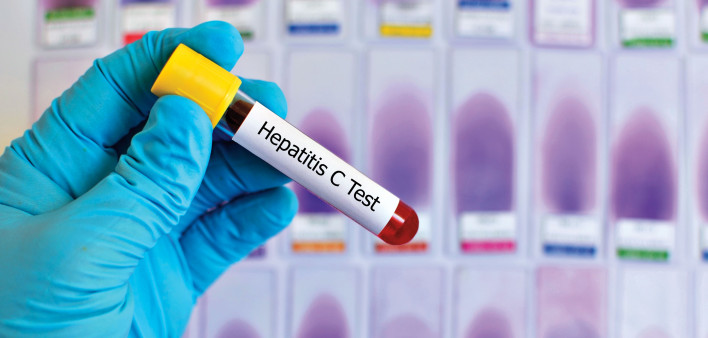Health care providers are doing a woefully inadequate job of providing HIV and hepatitis C virus (HCV) testing to people who inject drugs (PWID), Healio reports.
Lara Bull-Otterson, PhD, MPH, an epidemiologist at the Centers for Disease Control and Prevention’s National Center for HIV/AIDS, Viral Hepatitis, STD and TB Prevention, and colleagues conducted an analysis of a nationwide health insurance database to determine the rate of HIV and HCV testing among PWID between 2010 and 2017.
The study authors considered an individual who had filed a medical claim with their insurer to be a PWID if they had at least one diagnosis, procedure or medication that indicated injection drug use.
Publishing their findings in The Journal of Infectious Diseases, the study authors found that when it came to providing health care services to the 844,242 PWID in the database, the clinicians missed opportunities to conduct HIV or HCV testing in 90% of cases. Just 71,938 (8.5%) of the patients were tested for HIV and 65,188 (7.7%) were tested for HCV.
Men were 50% less likely to receive an HIV test and 34% less likely to receive an HCV test, compared with women. Living in a rural area, compared with living in an urban area, was associated with a 33% and 25% lower likelihood of receiving HIV and HCV testing, respectively. And receiving services for skin infections or the heart infection endocarditis, compared with not receiving those services, was associated with a 9% lower likelihood of HIV testing and a 10% lower likelihood of HCV testing.
According to Bull-Otterson, low HIV and HCV testing rates among PWID could be attributed to health care providers having many competing priorities with this population, including substance use disorder, overdose, endocarditis or soft tissue infections. She called for algorithm-driven electronic health record prompts to get clinicians to test PWID for these viruses.
To read the Healio article, click here.
To read the study, click here.







Comments
Comments